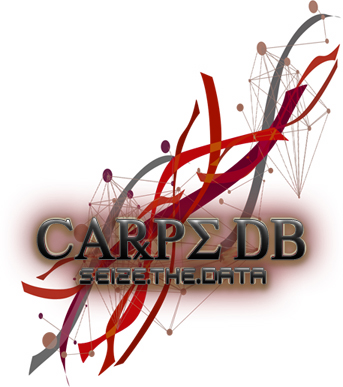
Tuberous sclerosis complex (TSC) is a common neurological autosomal-dominant syndrome caused by mutations in the TSC1 or TSC2 genes. TSC starts in early childhood and is characterized by cerebral hamartomas (benign tumours), severe epilepsy and cognitive deficits such as mental retardation and autism. The hamartomas are characterized by loss of the remaining wild-type TSC allele, and clinical data implicate cerebral hamartomas in the generation of epileptic seizures, which may play a significant role in the development of mental retardation. The TSC2 mutation predicts alterations in mitogen-associated protein kinase (MAPK) and, together with the TSC1 mutation, in mammalian target of rapamycin (mTOR) signalling pathways. Both pathways are involved in neuronal plasticity. We therefore hypothesized that the heterozygous mutation itself, besides cerebral hamartomas, contributes to the pathogenesis of cognitive deficits and possibly also epilepsy. Here, we show that young adult TSC2+/- rats, which are virtually free of cerebral hamartomas, exhibit enhanced episodic-like memory and enhanced responses to chemically-induced kindling. The activation of cyclic adenosine monophosphate (cAMP) in the hippocampus results in stronger induction of phospho-p42-MAPK in TSC2+/- rats than in wild-type animals. Thus, the cognitive phenotype and, possibly, epilepsy in TSC patients may result not only from the focal hamartomatous lesions but also, from altered neuronal plasticity in the heterozygous tissue.
[Submit Annotation]